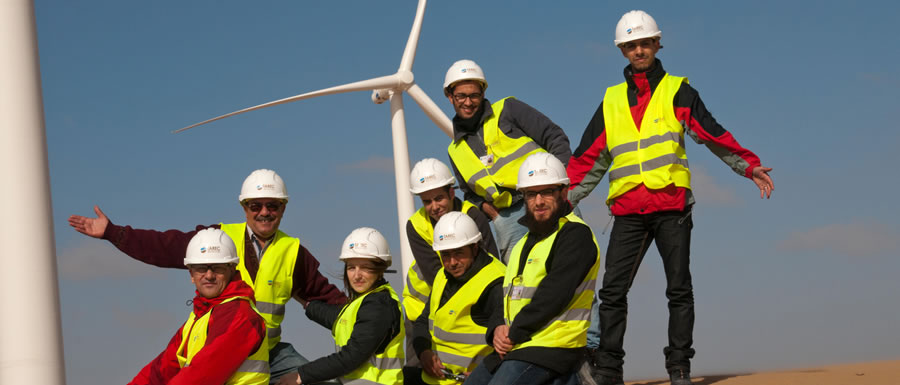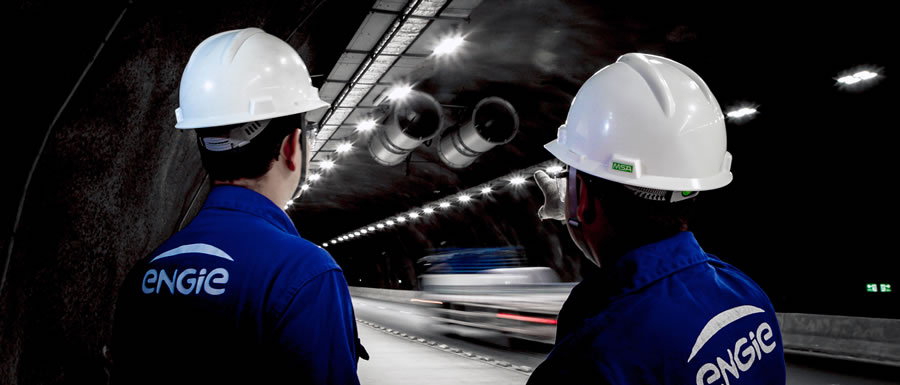No Life at Risk
This No Life at Risk policy is prioritized because – above all else – we want to ensure our employees return safely home to their loved ones at the end of the workday. To do so, we focus on four pillars:
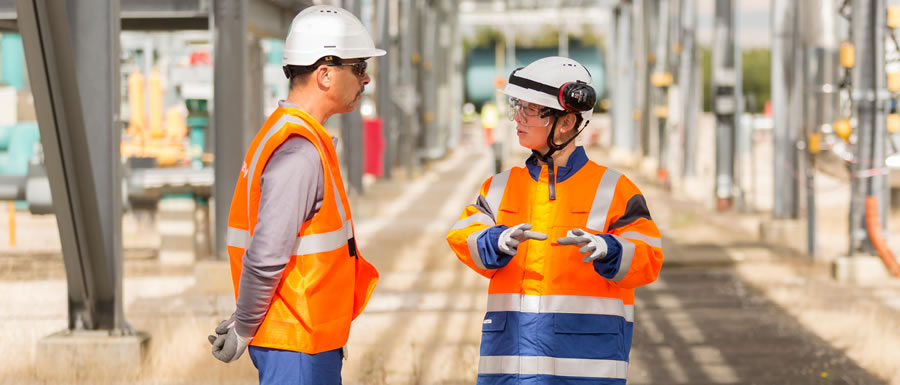
Life Saving Rules
Nine fundamental rules respected by everyone, everywhere.
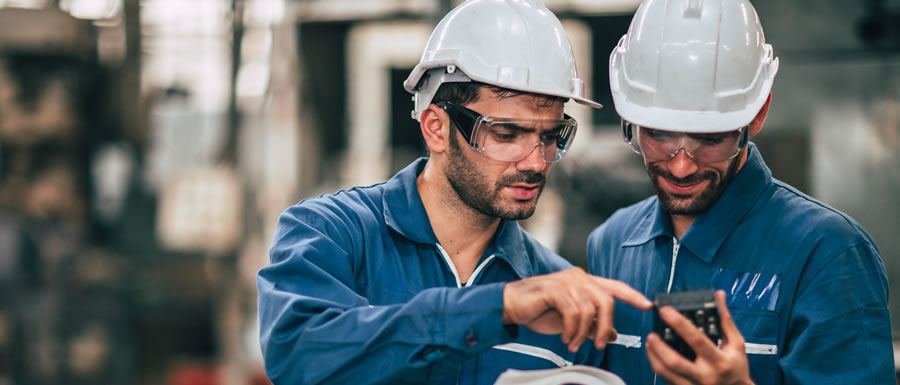
Identifying HIPOs
A HIPO is an event with high potential for causing death or serious injury. Identifying and analyzing HIPOs contributes directly to preventing risks.
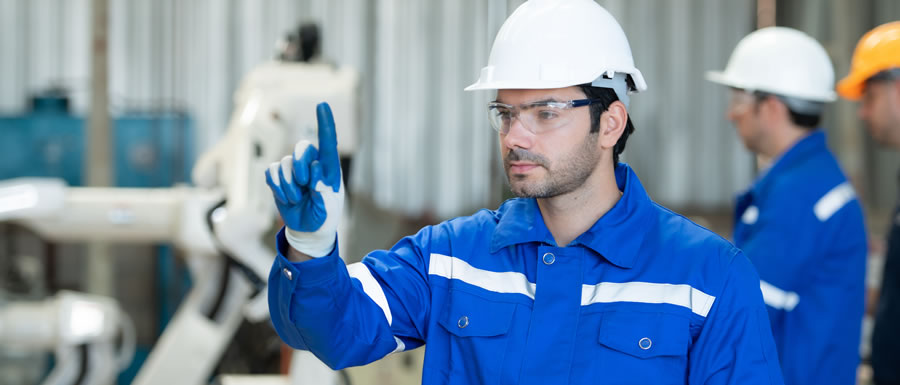
The Breakpoint
If you’re not as safe as you could be, say STOP! It’s everyone’s duty for the sake of everyone’s safety.
Nine elements of safety ensure a culture that is rewarded by injury-free execution of work
Visible leadership
Site leaders identify risks and plan mitigation
Strict adherence to ENGIE life-saving rules and personal protective equipment requirements
Workforce supervisors are critical influencers in safe project execution
No plan – No work!
See it – own it!
Lone worker safety
Urgent and effective management of incidents and injuries as well as worker compensation claims
Contractor prequalification and oversight
No Mind at Risk
The mind is a vital component of health. We promote wellbeing at work by preventing risks related to the performance of activities and helping to prevent psychosocial risks through 4 key pillars:
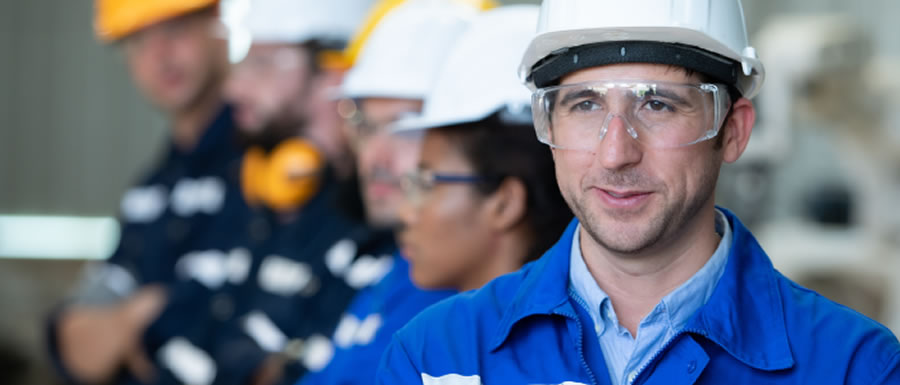
Managerial Mindset
Strengthening the managerial dimension of wellbeing at work.
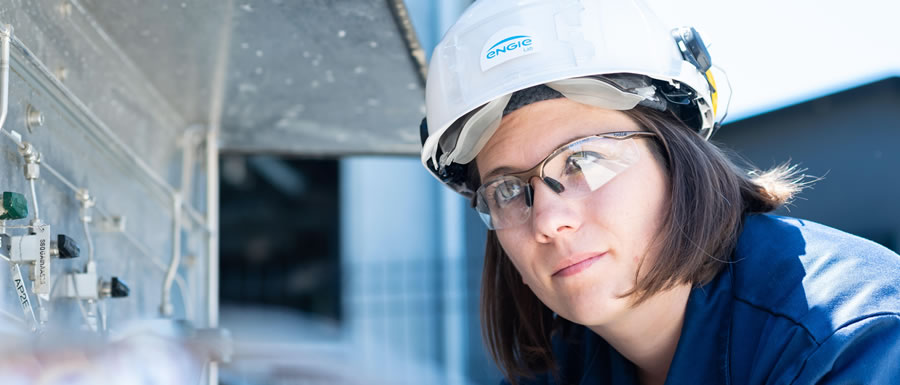
Impact Control
Helping to control the impact of physical and mental health on workplace safety.
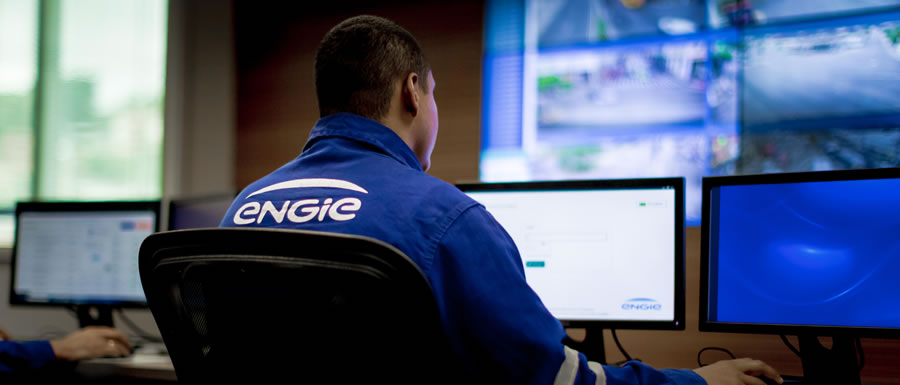
Personnel risk management
Identifying and controlling risks linked to the variability of people.
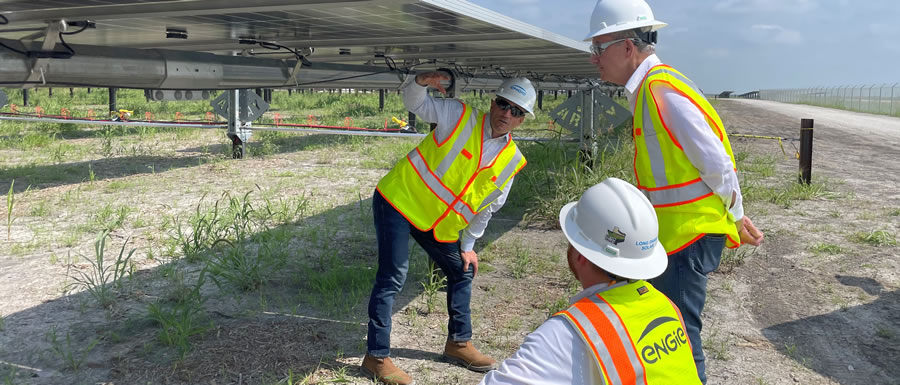
Organizational risk management
Identifying and controlling risks associated with adaptation and organizational variability.
To ensure No Mind is at Risk, in addition to vacation, sick leave and holidays, we provide short and long-term disability, access to Employee Assistance Programs, and our Well OnTarget initiative to ensure that our employee’s mental health is taken care of.
No Asset at Risk
We ensure process safety is a key measure to preventing risks related to the industrial process of asset construction and operation through 3 key pillars:
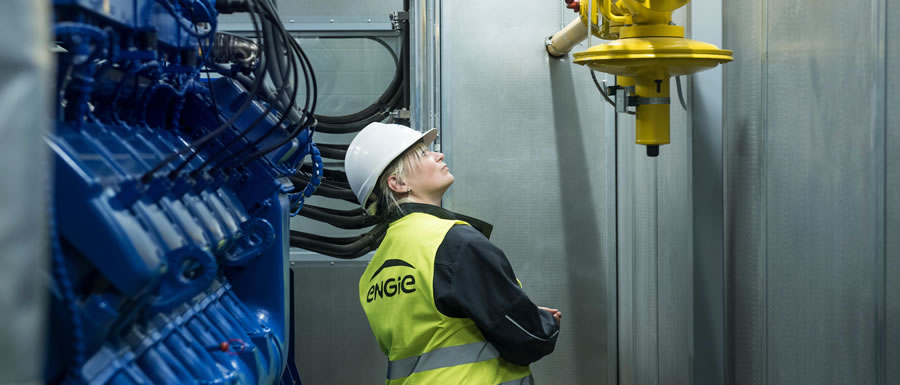
Monitoring industrial risks
Remaining vigilant in monitoring industrial risks induced by our new activities and newly ingrained entities.
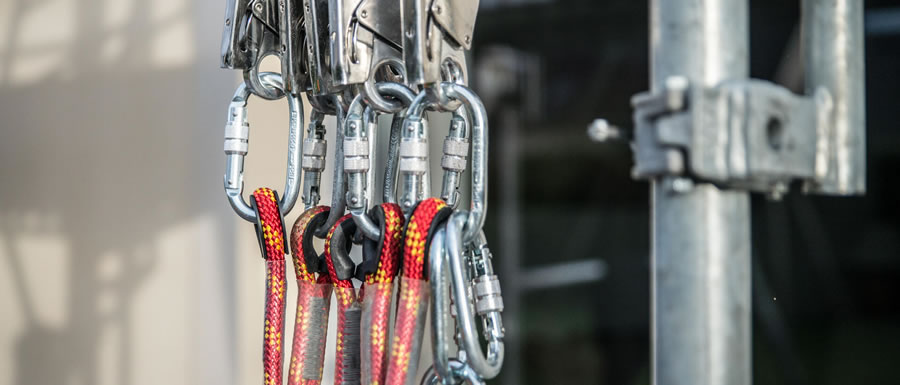
Strengthening Standards
Strengthening the shared standards of process for safety management.
